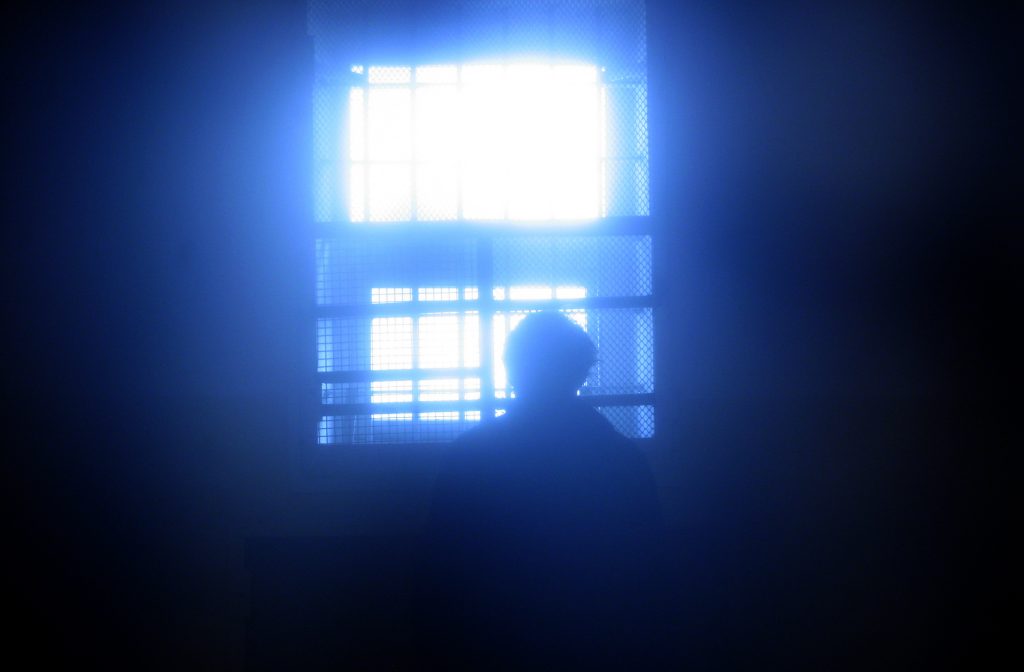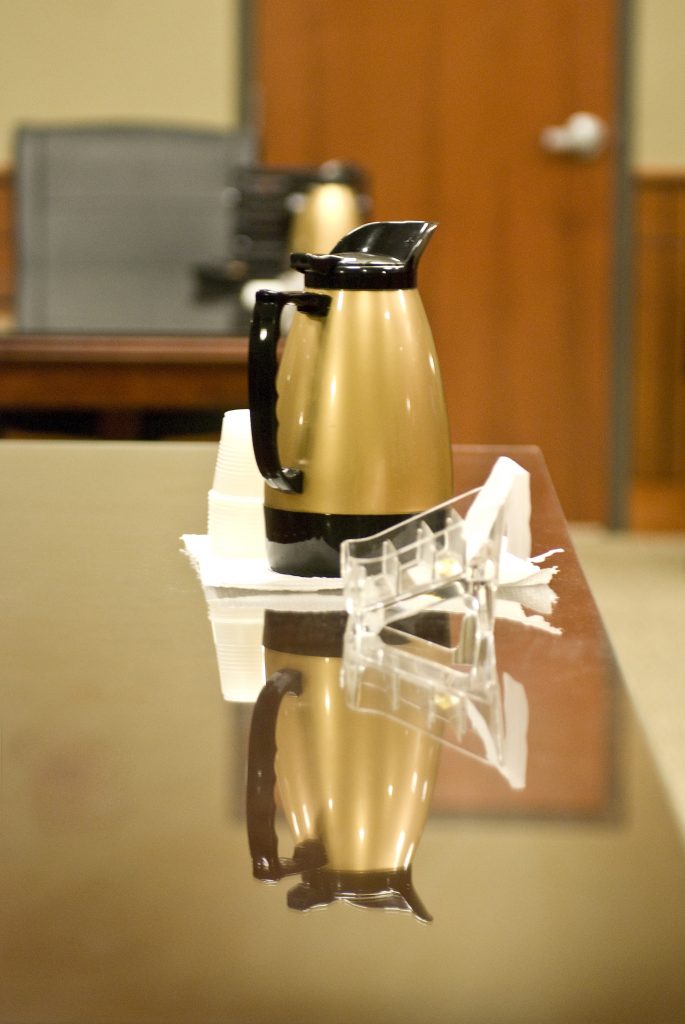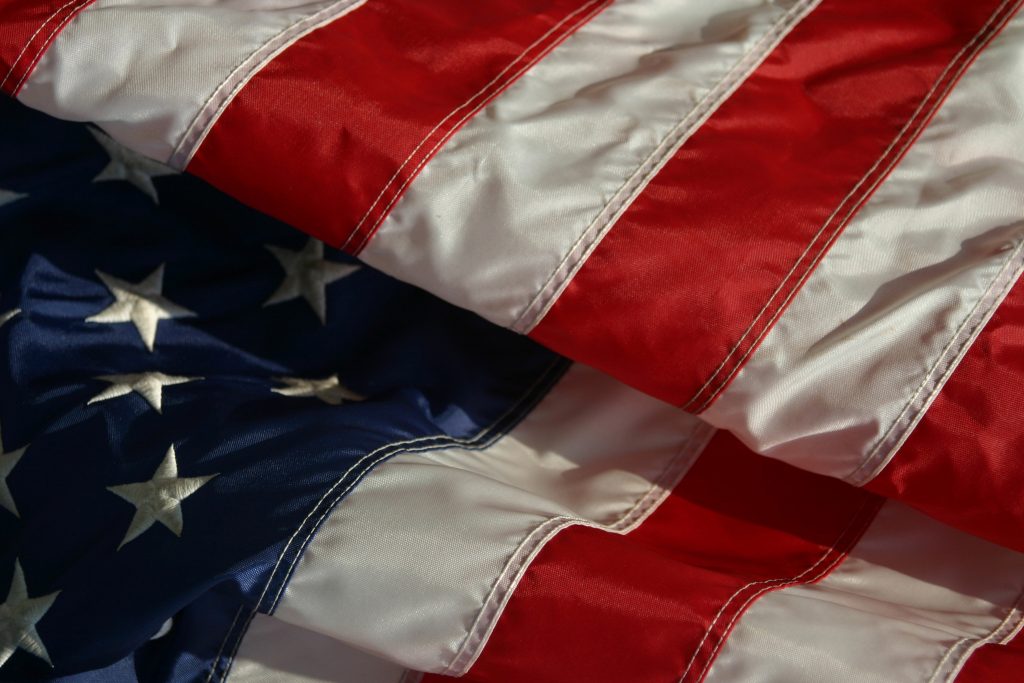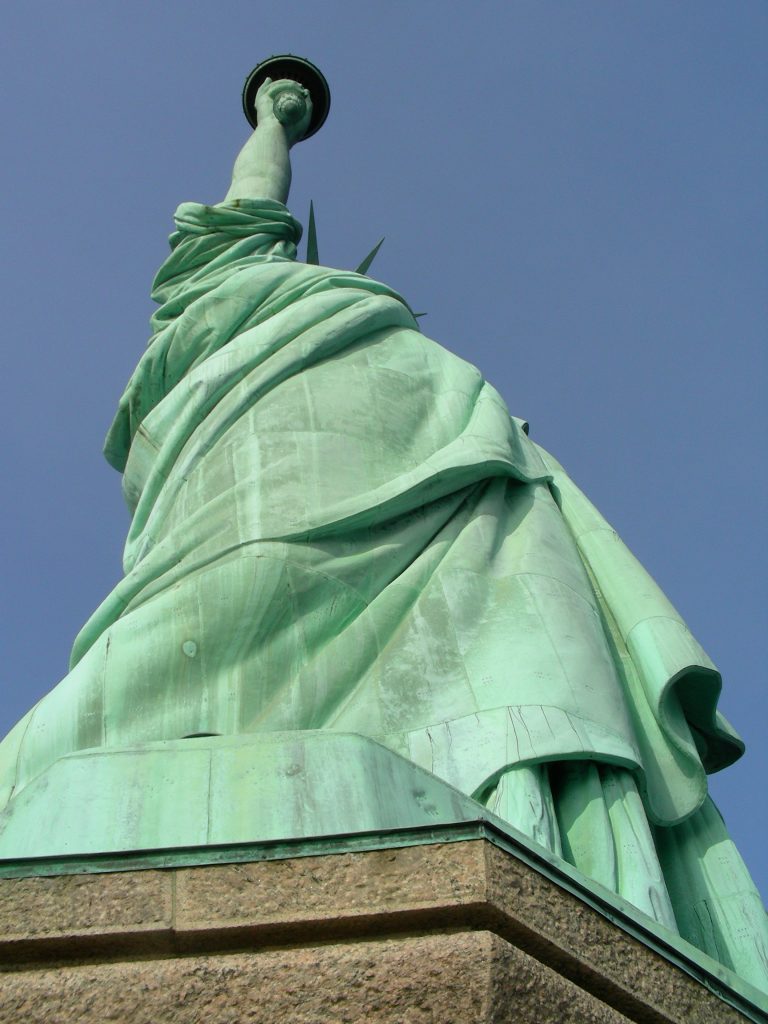 When a products-related injury occurs, multiple parties may be at fault. In litigating personal injury claims, among the most important legal questions, are whom may the plaintiff recover from, if anyone, and under what theory of liability. The following case provides a good discussion of some typical theories of liability involved in products-related injury cases.
When a products-related injury occurs, multiple parties may be at fault. In litigating personal injury claims, among the most important legal questions, are whom may the plaintiff recover from, if anyone, and under what theory of liability. The following case provides a good discussion of some typical theories of liability involved in products-related injury cases.
In 2013, Russell Maricle was involved in a serious car accident that resulted in him needing to use a wheelchair. Mr. Maricle’s bad fortune continued after the accident one day as he rolled up a wheelchair ramp. The fabric on the back of his wheelchair ripped causing Mr. Maricle to fall out of his chair and re-injure his neck. Mr. Maricle rented his wheelchair from Axis Medical and Fitness Equipment, L.L.C. (Axis) in Alexandria, Louisiana. The wheelchair was manufactured by Dalton Medical Corporation and Dalton Instrument Corporation (Dalton).
Mr. Maricle filed a lawsuit against Dalton and Axis, alleging that the wheelchair produced by Dalton was defective and that Axis was negligent in failing to inspect it before renting it to him. These are two separate legal theories. Mr. Maricle’s claim against Dalton is a products liability claim. The Louisiana Products Liability Act (LPLA) sets out the exclusive products liability theories against manufacturers caused by their products. La. R.S. 9:2800.52. Under the LPLA, a manufacturer of a product is liable for damages foreseeably caused by a defect in the product which renders it unreasonably dangerous. The damage suffered by the claimant must arise from “reasonably anticipated use” of the product by the claimant or someone else. A product can be considered unreasonably dangerous for purposes of liability in four ways: (1) construction or composition; (2) design; (3) inadequate warning; or (4) nonconformity to an express warrantee.
 Louisiana Personal Injury Lawyer Blog
Louisiana Personal Injury Lawyer Blog


 Court litigation involves the filing of multiple court submissions, and of course, deadlines. Procedural rules dictate deadlines for when certain motions need to be brought. Effective attorneys stay informed of these deadlines. Untimely filings generally result in a denial of legal relief by a court. Courts must be able to timely dispose of disputes in order to prevent a backlog of cases clogging up the court system. The following decision of the Louisiana Third Circuit Court of Appeal demonstrates the importance of deadlines in litigating claims.
Court litigation involves the filing of multiple court submissions, and of course, deadlines. Procedural rules dictate deadlines for when certain motions need to be brought. Effective attorneys stay informed of these deadlines. Untimely filings generally result in a denial of legal relief by a court. Courts must be able to timely dispose of disputes in order to prevent a backlog of cases clogging up the court system. The following decision of the Louisiana Third Circuit Court of Appeal demonstrates the importance of deadlines in litigating claims. When an individual employs tactics to instill humiliation, fear, and emotional distress in another person, they should be held accountable for the damages they cause. Fortunately, Louisiana legislators agree and have provided for exactly that under its civil code. See
When an individual employs tactics to instill humiliation, fear, and emotional distress in another person, they should be held accountable for the damages they cause. Fortunately, Louisiana legislators agree and have provided for exactly that under its civil code. See  Lawsuits can be quite complicated, even for seasoned attorneys. However, when one is representing himself, the complications can be even more complex. Especially, when the law does not support your claim. The following case demonstrates the need for an experienced attorney when it comes to constitutional rights violation allegations and litigation.
Lawsuits can be quite complicated, even for seasoned attorneys. However, when one is representing himself, the complications can be even more complex. Especially, when the law does not support your claim. The following case demonstrates the need for an experienced attorney when it comes to constitutional rights violation allegations and litigation. Ponzi schemes ultimately come to an end and unfortunately cause a lot of pain, suffering, and litigation. The Stanford Ponzi scheme is no exception. As demonstrated in the following case, the complex nature of such schemes demonstrates the need for excellent legal representation if you are the victim of an unscrupulous Ponzi schemer.
Ponzi schemes ultimately come to an end and unfortunately cause a lot of pain, suffering, and litigation. The Stanford Ponzi scheme is no exception. As demonstrated in the following case, the complex nature of such schemes demonstrates the need for excellent legal representation if you are the victim of an unscrupulous Ponzi schemer. The commencement of pro se litigation, meaning without attorney representation, is no easy task. A common aspect of pro se litigation involves a request to proceed in forma pauperis (IFP). A granted IFP request allows a pro se litigant to have the prepayment of fees or costs waived.
The commencement of pro se litigation, meaning without attorney representation, is no easy task. A common aspect of pro se litigation involves a request to proceed in forma pauperis (IFP). A granted IFP request allows a pro se litigant to have the prepayment of fees or costs waived. This post continues our discussion on the United States Fifth Circuit Court of Appeal’s analysis of the public policy exception in
This post continues our discussion on the United States Fifth Circuit Court of Appeal’s analysis of the public policy exception in  The world we live in today is more interconnected than ever before. International commerce has led to rapid economic development in the United States and abroad. As more and more firms participate in international commerce, complex legal disputes arise. International disputes involve a multitude actors of different nationalities, implicating various national and international legal frameworks. In the mid-20th century, the United States and countries around the world sought to harmonize international commerce by codifying rules governing the resolution of international disputes. As a global commercial hub, United States courts have been pivotal in interpreting these international rules and more generally, contributing to the development of private international law. In 2015, the United States Fifth Circuit Court of Appeal interpreted the
The world we live in today is more interconnected than ever before. International commerce has led to rapid economic development in the United States and abroad. As more and more firms participate in international commerce, complex legal disputes arise. International disputes involve a multitude actors of different nationalities, implicating various national and international legal frameworks. In the mid-20th century, the United States and countries around the world sought to harmonize international commerce by codifying rules governing the resolution of international disputes. As a global commercial hub, United States courts have been pivotal in interpreting these international rules and more generally, contributing to the development of private international law. In 2015, the United States Fifth Circuit Court of Appeal interpreted the  This post follows up on our discussion of the Louisiana Supreme Court’s 2015 ruling requiring that a contradictory hearing is held before striking a defendant’s deficient answer and entering a
This post follows up on our discussion of the Louisiana Supreme Court’s 2015 ruling requiring that a contradictory hearing is held before striking a defendant’s deficient answer and entering a 